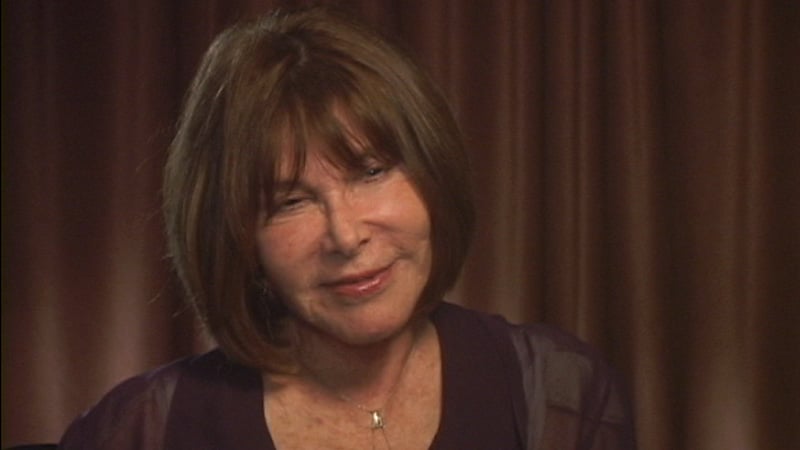Visual History with Lee Grant
Interviewed by:Barbara Kopple
Lee Grant began her career at the age of 4, appearing in plays at the Metropolitan Opera in New York. As a teenager she established herself as an in-demand Broadway actress and subsequently won The Critics’ Circle Award for her role in Detective Story. She reprised this role for the film adaptation in 1951, appearing in her first feature film and being nominated for her first Academy Award. She went on to star in television series like Peyton Place and films such as In The Heat of the Night (1967), The Landlord (1970), Voyage of the Damned (1976), and Shampoo (1975), for which she won an Academy Award for Best Supporting Actress.
Following her Academy Award win, Grant was invited by AFI to take part in the first women’s directing workshop. She directed a short adaptation of August Strindberg’s play The Stronger in 1976, which was later selected as one of the 10 best films ever produced by AFI. The critical success of her AFI short led to her first feature film, Tell Me a Riddle in 1980. This was followed by several documentaries; The Wilmar 8 (1981), When Women Kill (1984), What Sex Am I? (1985), and Down and Out in America (1986), which won the Academy Award for Best Documentary.
Grant also directed several television movies throughout her career including A Matter of Sex (1984), Nobody’s Child (1986), No Place Like Home (1989), Seasons of the Heart (1994), Following Her Heart (1994), Reunion (1994), Say It, Fight It, Cure It (1997), The Loretta Claiborne Story (2000), and The Gun Deadlock (2001), as well as episodes of ABC Afterschool Special, American Masters, Intimate Portrait, and Biography. Grant also directed her second feature film, Staying Together, in 1989.
For her directorial efforts, in 1987 Grant won the DGA Award for Outstanding Directorial Achievement in Movies for Television for Nobody’s Child, the first woman to win in that category.
Select Viewing Option:
Highlights